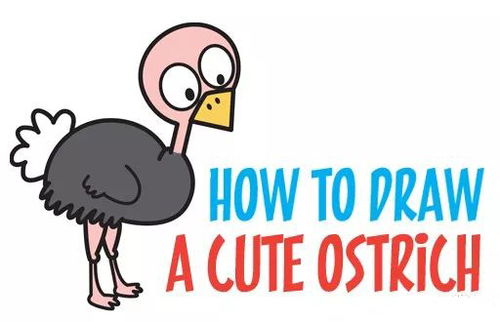
How to Cure Bee Bite: A Comprehensive Guide
Bee bites can be a painful and sometimes dangerous experience. Whether you’ve been stung by a honeybee, wasp, or hornet, it’s important to know how to properly treat the bite to minimize discomfort and prevent complications. In this article, we’ll explore various methods to cure bee bites, from immediate first aid to long-term care.
Immediate First Aid

When you’re stung by a bee, the first thing you should do is remove the stinger. Here’s how:
- Use a credit card or the edge of a piece of plastic to gently scrape the stinger out. Avoid squeezing it, as this can release more venom.
- Wash the area with soap and water to prevent infection.
- Apply a cold compress to reduce swelling and pain.
It’s also important to know that some people may be allergic to bee venom. If you experience symptoms such as hives, difficulty breathing, or swelling of the throat, seek medical attention immediately.
Home Remedies

After the immediate first aid, you can try various home remedies to alleviate pain and swelling. Here are some options:
- Apple Cider Vinegar: Mix equal parts of apple cider vinegar and water. Soak a cloth in the solution and apply it to the bite for 10-15 minutes.
- Baking Soda: Make a paste by mixing baking soda with water. Apply the paste to the bite and leave it on for 10-15 minutes before rinsing off with water.
- Aloe Vera: Apply fresh aloe vera gel to the bite to soothe the skin and reduce inflammation.
- Tea Tree Oil: Dilute a few drops of tea tree oil with a carrier oil (such as coconut oil) and apply it to the bite. Tea tree oil has antibacterial properties that can help prevent infection.
Over-the-Counter Medications

For pain and inflammation, over-the-counter medications can be effective. Here are some options:
- Nonsteroidal Anti-Inflammatory Drugs (NSAIDs): Medications like ibuprofen or naproxen can help reduce pain and inflammation.
- Antihistamines: Antihistamines like diphenhydramine (Benadryl) can help alleviate itching and swelling.
- Topical Creams: Creams containing hydrocortisone can help reduce inflammation and itching.
Preventing Future Bee Bites
Prevention is always better than cure. Here are some tips to help you avoid future bee bites:
- Avoid wearing bright colors or floral patterns, as these can attract bees.
- Stay away from areas where bees are known to nest, such as hives or trees.
- Do not swat at bees, as this can provoke them to sting.
- Keep sugary foods and drinks covered, as bees are attracted to sweet smells.
When to Seek Medical Attention
In some cases, you may need to seek medical attention for a bee bite. Here are some situations where you should consider visiting a healthcare professional:
- If you experience severe pain, swelling, or redness that does not improve after a few days.
- If you have symptoms of an allergic reaction, such as difficulty breathing, swelling of the throat, or hives.
- If you have been stung multiple times and are experiencing severe symptoms.
Remember, it’s always better to err on the side of caution when it comes to bee bites. By following these steps and seeking medical attention when necessary, you can ensure a quick and safe recovery.







